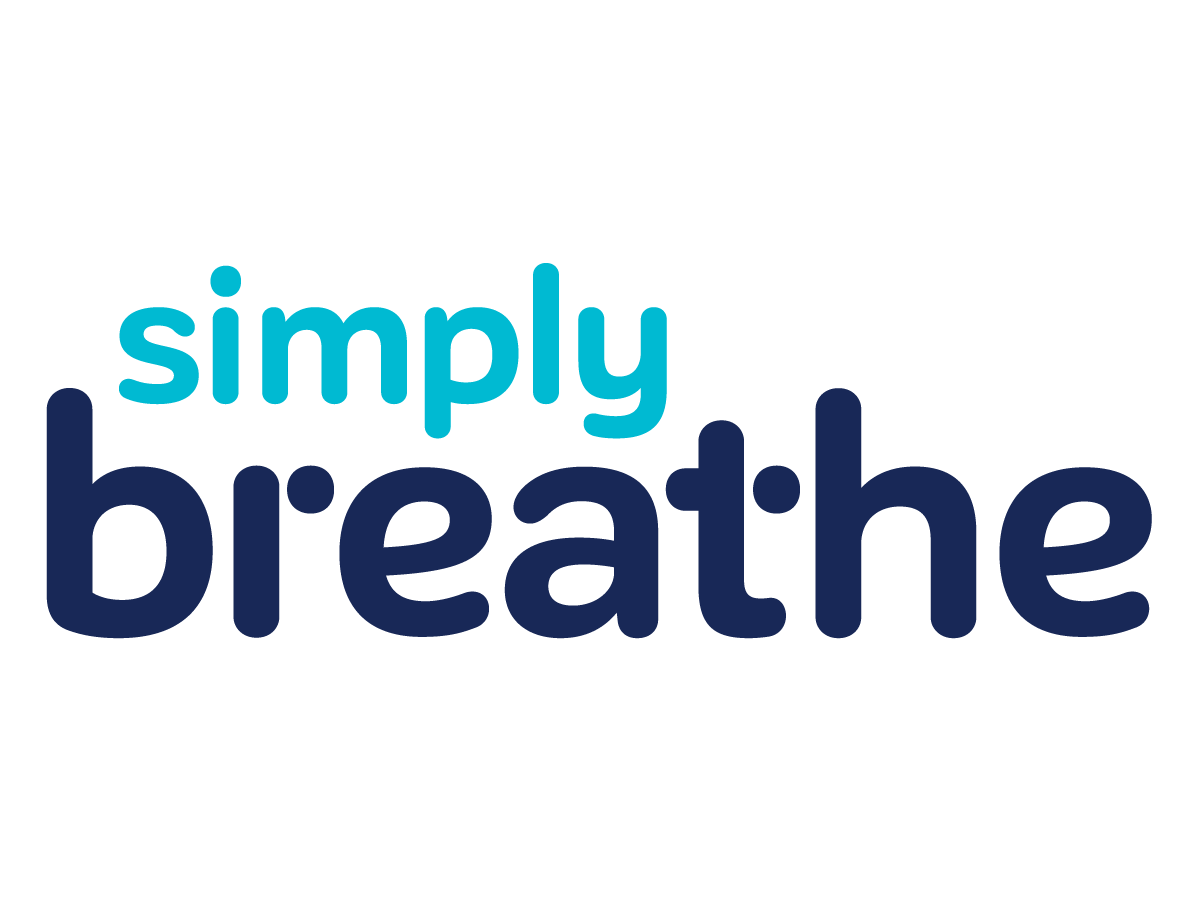When it comes to getting quality sleep, most of us think about our mattress, room temperature, or bedtime routine. But there's one crucial aspect of sleep hygiene that often gets overlooked: what's happening inside your mouth while you sleep. Your nighttime breathing habits and oral care routine play a surprisingly powerful role in both the quality of your rest and your ability to stay healthy.
Why Your Mouth Matters for Sleep Quality
Your mouth is doing more work at night than you might realize. The way you breathe during sleep directly impacts your oral health, immune function, and how rested you feel in the morning. When you breathe through your mouth at night, you're opening the door to a cascade of health issues that go far beyond just waking up with bad breath.
Mouth breathing during sleep creates a dry mouth environment that's harmful to your oral microbiome. Without adequate saliva to bathe your teeth throughout the night, you're at increased risk for cavities, gum disease, and tooth decay. That dry mouth also lowers your pH into the acidic zone where harmful bacteria thrive, setting the stage for dental problems and weakening your body's natural defenses.

The Connection Between Sleep Hygiene and Staying Healthy
Quality sleep isn't just about feeling refreshed, it's essential for your immune system. During sleep, your body produces cytokines, specialized proteins that manage inflammation and defend against infection. When your sleep is disrupted by mouth breathing, snoring, or poor sleep quality, your immune function takes a hit right when your body needs it most.
Nasal breathing, on the other hand, supports your health in powerful ways. Your nose contains natural defense structures that filter incoming air, preventing allergens, pollutants, bacteria, and viruses from entering your airways. It's your body's first line of defense against getting sick. By promoting nasal breathing at night, you're giving your immune system the support it needs to keep you healthy.

Essential Sleep Hygiene Practices for Oral Health
- Creating a sleep routine that protects your mouth and keeps you healthy doesn't have to be complicated. Here are the key practices to incorporate:
- Brush and floss before bed. This seems obvious, but it's critical. Removing food particles and bacteria before sleep prevents them from causing damage during the night when saliva production naturally decreases.
- Stay hydrated throughout the day. Proper hydration supports saliva production, which is your mouth's natural defense system. Just avoid drinking large amounts right before bed to minimize nighttime disruptions.
- Keep your bedroom cool and dark. A cool environment (around 65-68°F) promotes better sleep quality, while darkness supports your body's natural melatonin production.
- Limit screen time before bed. The blue light from devices can disrupt your circadian rhythm and keep you from falling asleep easily.
- Consider gentle mouth taping like Simply Breathe. Using comfortable, skin-safe mouth tape can encourage nasal breathing throughout the night, protecting your oral health and improving sleep quality. This simple tool helps prevent dry mouth, reduces snoring, and supports your body's natural breathing pattern.

Track Your Progress with Our Sleep Tracker
Understanding your sleep patterns is the first step toward improvement. Download our free sleep tracker to monitor your sleep habits, dentify factors affecting your rest, and see how small changes make a big difference. Track your caffeine intake, screen time, relaxation practices, and whether you used mouth tape to discover what works best for your body.
Small Changes, Big Results
Improving your sleep hygiene doesn't require a complete lifestyle overhaul. Start with one or two changes, like establishing a consistent bedtime routine or trying mouth tape to promote nasal breathing. Pay attention to how you feel in the morning. Are you waking with a dry mouth or sore throat? Do you have more energy? These clues help you understand what your body needs.
When you prioritize sleep hygiene practices that support both oral health and immune function, you're investing in your overall wellness. Because when you breathe better and sleep better, you feel better. And when you feel better, you can show up as your best self every single day.




